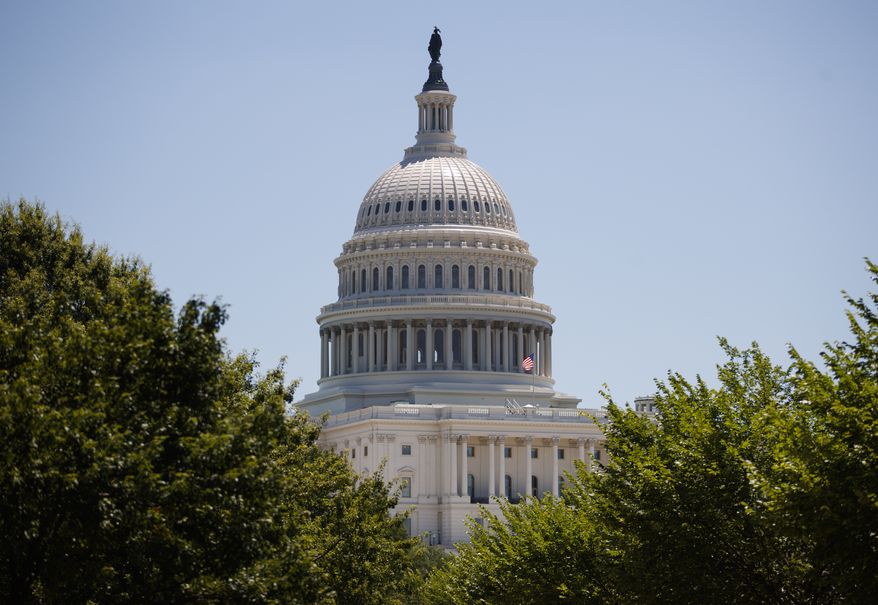Senate parliamentarian could make or break Trump agenda

Senate Republicans Grapple with Budget Resolution and Debt Ceiling
Senate Republicans are currently navigating a critical period as they deliberate on a budget resolution that has sparked internal disagreements, particularly concerning potential cuts to Medicaid and proposals to raise the debt ceiling by up to $5 trillion. The decision to advance the bill hinges significantly on a forthcoming decision from Senate parliamentarian Elizabeth MacDonough.
Senate Majority Leader John Thune (R-S.D.) has expressed his desire to bring the budget to the Senate floor this week, although this plan is facing delays due to lack of consensus within the GOP and pending approval from the parliamentarian. Thune emphasized the importance of unity and readiness, stating, “We want to get to it as quickly as we can, and I’m hoping that enables us to move on it this week.”
Concerns and Opposition within the GOP
Several Republicans have voiced their concerns regarding the budget proposal. Senator Josh Hawley (R-Mo.) has openly opposed significant cuts to Medicaid, which could diminish the program’s benefits. Senators Bill Cassidy (R-La.) and Todd Young (R-Ind.) have questioned the use of a special budgetary model that would suggest extending President Trump’s tax cuts without increasing the deficit. Moreover, Senator Rand Paul (R-Ky.) has declared he will not support a proposal to raise the debt limit unless it is balanced by substantial federal spending cuts.
The Importance of Budget Reconciliation
The passage of a joint budget resolution is crucial as it triggers the budget reconciliation process, enabling the Senate to pass significant parts of Trump’s agenda with a simple majority rather than the standard 60 votes needed to overcome a Democratic filibuster. This process is especially pertinent as Republicans, holding a 53-to-47 majority, aim to expedite Trump’s legislative priorities.
|
House Speaker Mike Johnson (R-La.) has set an ambitious target to deliver “one big, beautiful bill” to President Trump by Memorial Day. Senator John Cornyn (R-Texas) highlighted the urgency of the situation, noting, “We just know what we need to do and we need to get it done sooner rather than later.”
Challenges and Delays
The process of drafting a bill that encompasses border security, increased defense spending, and extensive tax relief has been more protracted this year compared to the swift adoption of the budget resolution in 2017, which facilitated the repeal of the Affordable Care Act shortly before Trump’s inauguration.
The potential ruling by Parliamentarian MacDonough on whether the GOP can use a “current policy” baseline for scoring the cost of making Trump’s 2017 tax cuts permanent is a pivotal factor. This approach would not count as adding to the deficit, thus avoiding the need for offsetting spending cuts or new tax revenue.
Democratic Opposition and Budget Rules
Democrats argue that extending Trump’s tax cuts as “current policy” violates the 1985 Balanced Budget and Emergency Deficit Control Act, which mandates that current law should serve as the baseline for budget calculations. They contend that this Republican strategy conflicts with longstanding fiscal discipline rules and could significantly increase the deficit if the tax cuts are extended without corresponding fiscal measures.
If the parliamentarian sides with the Democrats, it would compel Republicans to either find ways to offset the cost or potentially face a Democratic filibuster, complicating their efforts to permanently extend the tax reductions enacted during Trump’s first term.
As discussions with the parliamentarian continue, the outcome of these deliberations will significantly influence the GOP’s ability to advance their fiscal agenda. Thune remains cautious, noting the ongoing nature of these critical discussions.









No Comments